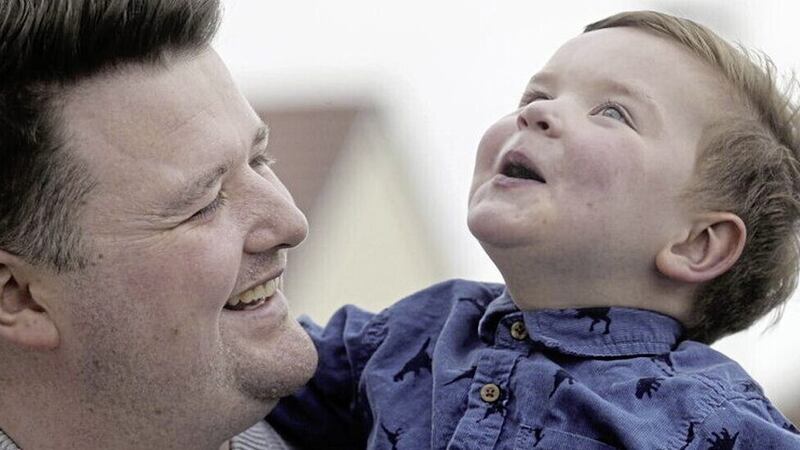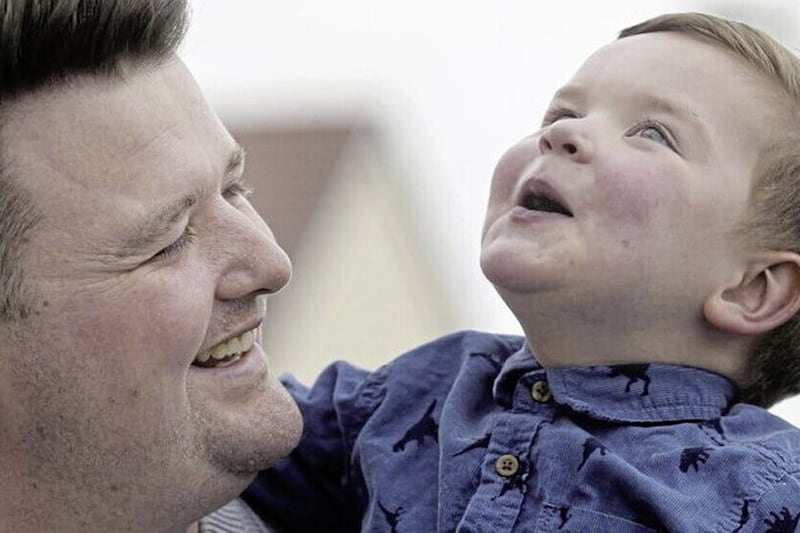THE delay in a new organ donation law in Northern Ireland has been described as "unacceptable".
The opt-out organ donation system, named Dáithí's Law, was due to come into force this spring, but it has emerged it cannot go forward without a functioning government.
Máirtín MacGabhann, whose son Dáithí (6) has been waiting for his transplant for most of his life after he was born with hypoplastic left heart syndrome, said they are devastated that the new system has been stalled due to Stormont's stalemate.
The delay in enacting the law relates to extra legislation, which must be passed by Stormont.
"To wake up this AM to hear that it won't go live in spring 2023 as planned is devastating and unacceptable," Mr MacGabhann told the BBC.
He said they will be writing to Secretary of State Chris Heaton-Harris in the hope he may be able to bring it forward.
Fearghal McKinney from the British Heart Foundation NI also said the legislation "will help save lives and we want to see it in place as soon as possible".
"We campaigned alongside Máirtín and Seph to get to the position where Dáithí's Law was supported by the Assembly and we continue to support the campaign.
"We need to see this legislation implemented in order to increase organ donation and to save lives.
"This campaign attracted support from across society and now that support is needed once more to get this across the line."
Sinn Féin's Michelle O’Neill said the delay to the life-saving organ donation law is "completely unacceptable".
"The passing of Dáithí's law, and the powerful determination of his family, offered great hope to so many people desperately waiting for an organ transplant and modernised our organ donation laws," she said.
"This is life-saving legislation and it must be implemented with no delay."
People Before Profit MLA Gerry Carroll added that "any delay to opt-out organ donation will cost lives".
"It is unacceptable and the secretary of state needs to urgently intervene to implement this system," he said.




